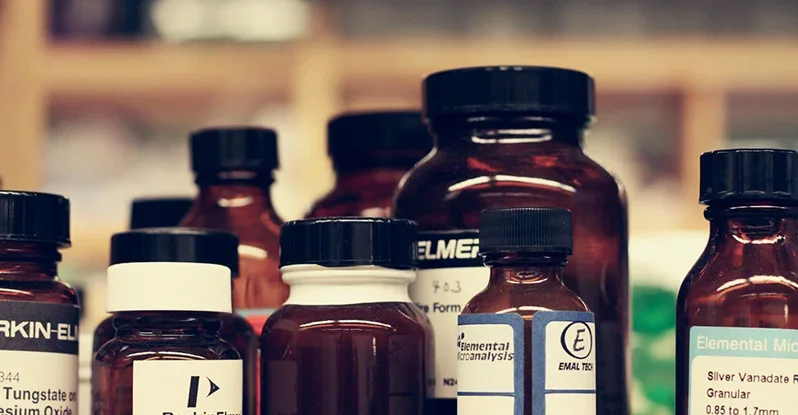Hoffman Program for Chemicals and Health
The Hoffman Program uses the tools of education, research, and advocacy to help improve the lives of people with multiple chemical sensitivity.
665 Huntington Ave.
Boston, MA 02155
Chemicals in Your Life

You may not be aware, but chances are that you are surrounded by chemicals in your daily life. It has been estimated that millions of chemical substances are now on the market, while about 100,000 chemicals are inventoried in the U.S. commerce, of which a majority is not regulated.
On the other hand, information on the human health and environmental risks posed by the large number of chemicals in commercial use is limited, and often inadequate if available. Although relatively few chemicals are thought to be extremely hazardous to human health, data necessary for exposure and risk assessment are unavailable for the vast majority of chemicals we encounter in our daily lives.
One of the goals of the Hoffman Program is to promote public awareness regarding the prevalence of chemicals, and of environmental substances such as mold, which have potentially harmful health effects to the general population.
Six Classes of Chemicals
Among the hundreds of thousands of chemicals existing in our daily lives, these six classes are of particular concern with regard to the health of both the environment and ourselves. Learn more.
What is MCS/TILT?
Multiple chemical sensitivity (MCS), also known as toxic-induced loss of tolerance (TILT) or DELTA, is a syndrome often initiated by low-level chemical exposures. People afflicted by MCS suffer from a range of different symptoms, and can often link the onset of their symptoms to a specific event or type of exposure. Learn more.
Assessment Tools
Although there is currently no official diagnosis for MCS, several validated questionnaire instruments are available for assessing various aspects of environmental sensitivities or intolerance. Learn more.